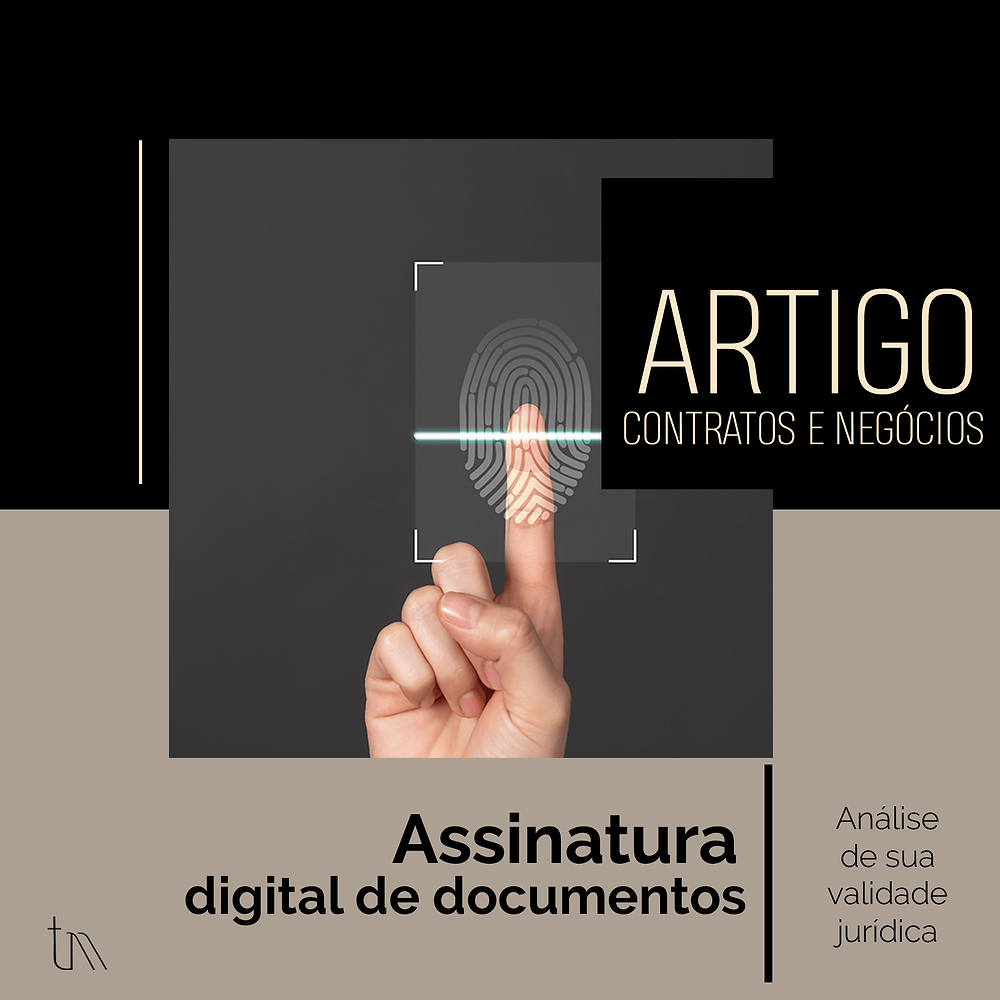Digital signature of documents in Times of coronavirus (COVID-19)
The electronic signature of documents is much more agile and effective compared to the document signed manually, which can facilitate the conclusion of contracts at any time and place, concluding the regulation of the business in a few minutes
There has never been so much talk of the word “readjustment” in modern times. The world has been facing several obstacles in the fight against the new coronavirus, which has resulted in several prevention measures in an attempt to limit the spread of the new disease. Companies have laid off their employees, the working day has been shortened, vacations have been granted and most people, still employed, are on a home office basis.
But how is business? If new contracts arise, if new employees are hired or even situations arise that depend on physical contact for the conclusion and signing of documents?
The answer to these questions is simple: the contracting and signing of documents by electronic means is allowed in Brazil and Brazilian jurisprudence has recognized the legal validity and the possibility of registering electronic documents.
Now, it is worth remembering that freedom of form is one of the guiding principles of contract law, through it the idea that formal or solemn contracts are exceptional in business legal relations is enshrined. That is, from this nuclear commandment there are no problems in admitting the electronic contract as a form of effecting legal business in general.
Please note that in Brazil, Provisional Measure No. 2,200-2, of August 2001, guarantees the validity and effectiveness of electronically signed documents through certification processes provided by the Brazilian Public Key Infrastructure (ICP-Brasil).[1]
Specifically, Article 10, paragraph 2 of MP 2.200 also admits the use of other means of proving the authorship and integrity of electronic documents, including those using certificates not issued in accordance with ICP-Brasil, provided that this is agreed between the parties and that these certificates are expressly admitted by them as valid.
As preliminarily pointed out, Brazilian jurisprudence has already recognized the legal validity of contracts signed electronically, as long as it is possible to assess the express expression of Will of the signatories, producing effects in the legal world.
In the meantime, the Superior Court of Justice (STJ) has already recognized the enforceability of an electronically signed contract through a digital certificate without the signature of witnesses, in addition to stating that the authenticity of the signatures of the parties conferred by the certifying entity, as a disinterested and reliable third party, would fill this lack.[2]
As a curiosity, in Brazil there are several certification entities that can help in the conclusion of distance business and improve your company, such as DocuSign, Clicksign, among others, which are private certification authorities that issue digital certificates and are in accordance with Brazilian legislation, being compatible with international standards of electronic signature.
By virtue of the arguments raised, it is concluded that digitally signed contracts are endowed with legal validity and qualify in true judicial executive titles, similar to those contracts signed in person with the parties. However, it is necessary to point out that there are legal transactions provided for in the legislation that require a solemn form, such as a public deed.
Finally, if your company adopts such a mechanism, we separate three essential tips that must be observed in the adoption of digital document signing:
It is recommended that, even in the virtual plan, the signature by two witnesses (also electronically) is also provided, to avoid possible questions regarding the enforceability of contracts;
In the case of the use of certifying entities not certified by ICP-Brasil, It is suggested that the document expressly provide for the form of signature adopted and that the parties by mutual agreement recognize as valid and effective;
If a document involves the jurisdiction of another country (such as international M&A, franchising, international contracts), the legal validity must be attested by professionals from other countries.
Rafael De Sordi Barbosa Martins
Lawyer at TM Associados and postgraduate at GV LAW-Business Law
[1] available at: http://www.planalto.gov.br/ccivil_03/MPV/Antigas_2001/2200-2.htm
[2] STF, REsp nº 1.495.920/DF, rel. min. Paulo de Tarso Sanseverino, j. 07/06/2018.







Leave a Reply
Want to join the discussion?Feel free to contribute!